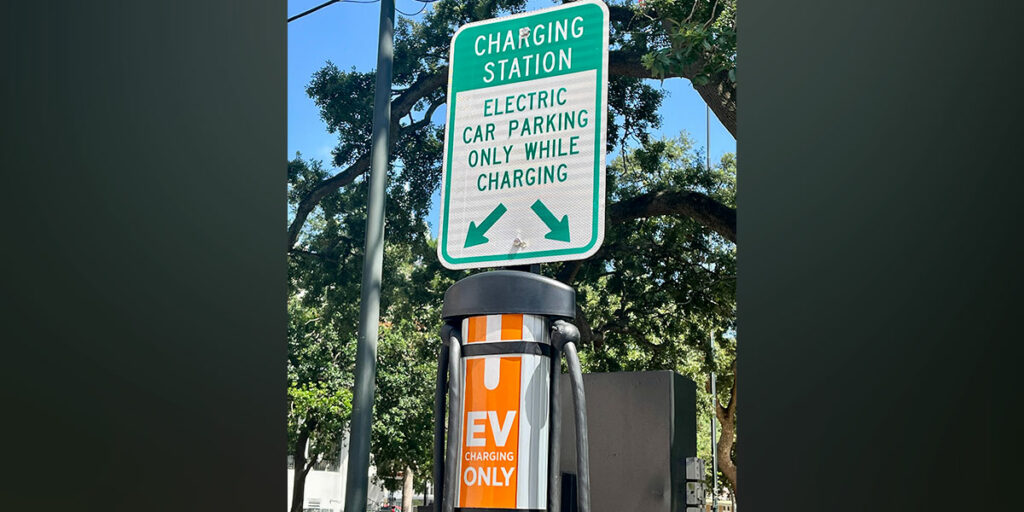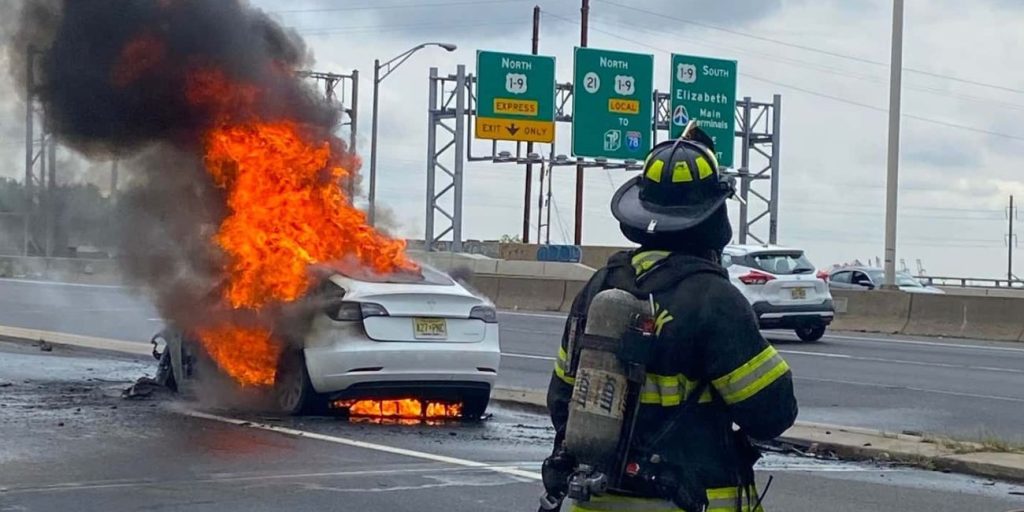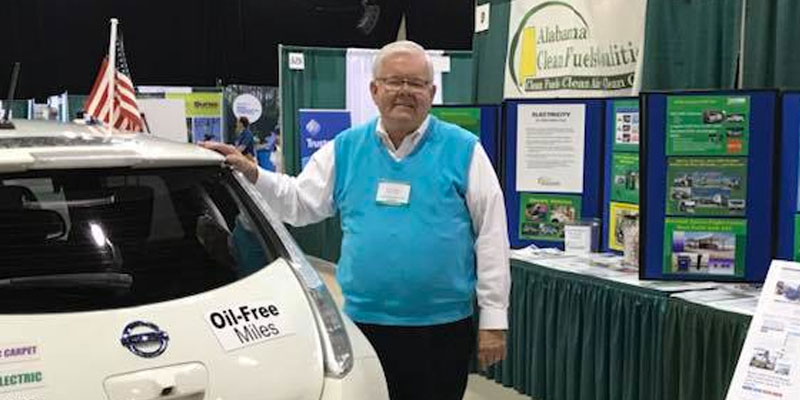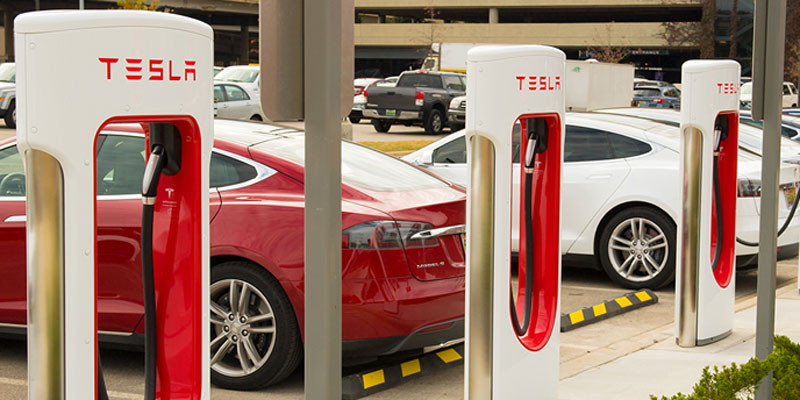Back when I served as a County Commissioner in Pickens County, I constantly searched for ways to save money because I wanted to be a responsible steward of the people’s money. I wasn’t alone.
Every responsible elected official, from county commissioners and local mayors all the way to the governor’s office, strives to pinch pennies and maximize Alabamians’ tax dollars. At least that was my government experience.
The same goes for business owners, who are always looking for ways to cut costs and attract customers. A recent study by MIT found that businesses within a mile of electric vehicle chargers experience a notable uptick in customer traffic and spending.
That’s why I’m so excited about the Alabama Clean Fuels Coalition’s work with a U.S. Department of Energy project known as the “Rural Alabama Clean Transportation Planning and Development Project,” which is aimed at helping government officials, business owners, and others throughout Alabama’s Black Belt identify and implement cost-effective alternative transportation fuel projects.
Some of those projects will be designed to increase the operational efficiency of public and non-public fleets, saving them money in the end. Some of them will help businesses generate more revenue. All of them will help the Black Belt.
The county commissions in 10 counties – Autauga, Bibb, Conecuh, Dallas, Greene, Hale, Marengo, Perry, Sumter and Wilcox counties – passed resolutions pledging to work with a coalition of partners, including the Alabama Clean Fuels Coalition, the Alabama Office of Minority Affairs, Alabama Power, Congresswoman Terri Sewell, the Alabama Rural Electric Association, Alabama Propane Gas Association and Blossman Gas, on this project.
The kickoff meeting in October in Greensboro provided a promising first step toward helping local governments and businesses figure out how alternative fuel projects can benefit them and the citizens in their communities.
Maybe the transportation director for a local school system wants to explore options related to propane or electric school buses and learn if deploying them could reduce transportation costs. Maybe federal grant opportunities are available to help pay for them.
Perhaps a fleet manager wants to explore how and why switching from gas or diesel to using alternative fuels can reduce transportation maintenance costs while also keeping up with federal emissions regulations.
Or maybe a school system, or a private sector employer, wants to offer free electric vehicle charging to eliminate the transportation cost barrier for employees.
Alternative transportation fuels have so many practical applications, with cost savings being chief among them. If we can make the air we breathe and the water we drink a little cleaner in the process, that’s even better.
But there’s no one size fits all. Some communities may prefer investing in electric vehicle charging infrastructure. Others may seek to use other alternative fuels such as propane, hydrogen, or biodiesel.
What works for Marion might not work for Autauga County Schools. What works in Evergreen might not work in Eutaw.
Of course, the opposite could be true. Perhaps a project in Prattville can be copied by the folks in Plantersville. The conversations and connections started recently in Greensboro will ultimately help communities forge partnerships and work together to make life better for all Black Belt residents.
And that’s just the first step in this process. Transportation remains one of the biggest budget items for many organizations, and transportation expenses often serve as a major barrier to success.
We appreciate the government officials, business owners, fleet managers, and others who attended our kick-off meeting. If you couldn’t be there? Don’t worry. A second, virtual meeting is scheduled for later this month.
This is an ongoing project, so there’s plenty of time for people throughout the Black Belt to get involved. If you want to learn more, please contact ACFC via email at [email protected].
Frederick Kennedy serves as the community engagement liaison for the Alabama Clean Fuels Coalition, concentrating on education and outreach efforts related to alternative fuels in Alabama’s Black Belt region.











